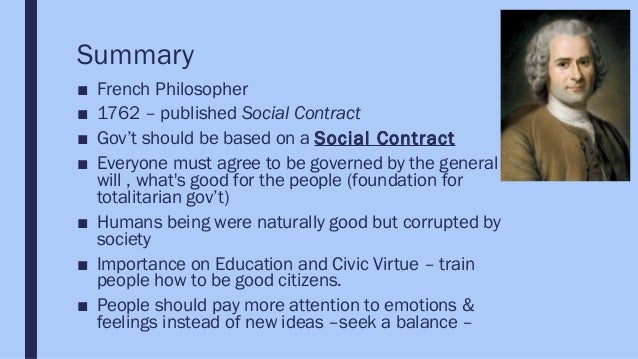

Still, its goal of egalitarianism attracted the admiration of the early feminist Mary Wollstonecraft (mother of “Frankenstein” author Mary Shelley) and inspired both the Haitian war of independence and the radical racial inclusivism of Paraguay’s first post-independence government. The French Revolution of 1789 was the culmination of the High Enlightenment vision of throwing out the old authorities to remake society along rational lines, but it devolved into bloody terror that showed the limits of its own ideas and led, a decade later, to the rise of Napoleon. The Late Enlightenment and Beyond: 1780-1815 Coffeehouses, newspapers and literary salons emerged as new venues for ideas to circulate. Secret societies-like the Freemasons, the Bavarian Illuminati and the Rosicrucians-flourished, offering European men (and a few women) new modes of fellowship, esoteric ritual and mutual assistance.
#Summarize the political philosophy of john locke. free#
Each child is born as a blank slate, free of innate ideas, on whom experience writes what it will 2. Locke, along with French philosopher Pierre Bayle, began to champion the idea of the separation of Church and State. The philosophy of mind Locke emphasized the idea of the blank slate. It was also a time of religious (and anti-religious) innovation, as Christians sought to reposition their faith along rational lines and deists and materialists argued that the universe seemed to determine its own course without God’s intervention. It was an age of enlightened despots like Frederick the Great, who unified, rationalized and modernized Prussia in between brutal multi-year wars with Austria, and of enlightened would-be revolutionaries like Thomas Paine and Thomas Jefferson, whose “Declaration of Independence” (1776) framed the American Revolution in terms taken from of Locke’s essays.

The signature publication of the period was Diderot’s “Encyclopédie” (1751-77), which brought together leading authors to produce an ambitious compilation of human knowledge. The High Enlightenment: 1730-1780Ĭentered on the dialogues and publications of the French “philosophes” (Voltaire, Rousseau, Montesquieu, Buffon and Denis Diderot), the High Enlightenment might best be summed up by one historian’s summary of Voltaire’s “Philosophical Dictionary”: “a chaos of clear ideas.” Foremost among these was the notion that everything in the universe could be rationally demystified and cataloged. Their differences and disagreements, though, emerged out of the common Enlightenment themes of rational questioning and belief in progress through dialogue. Locke differed from David Hume, Jean-Jacques Rousseau from Voltaire, Thomas Jefferson from Frederick the Great. Individual Enlightenment thinkers often had very different approaches. Instead, it is possible to speak of the French Enlightenment, the Scottish Enlightenment and the English, German, Swiss or American Enlightenment. There was no single, unified Enlightenment. How a Malaria Scare at the Start of World War II Gave Rise to the CDC


 0 kommentar(er)
0 kommentar(er)
